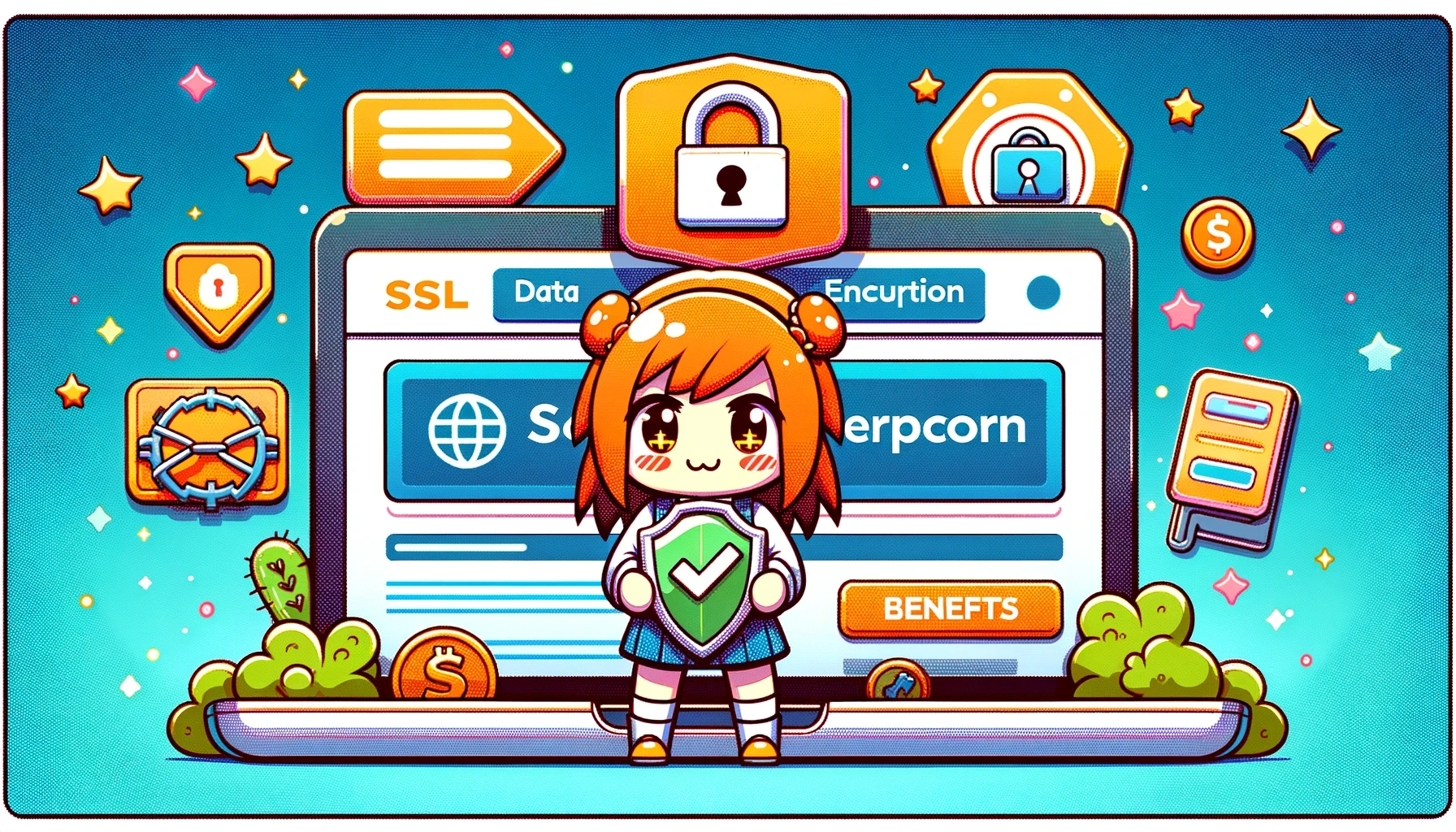Why SSL Is Important: Protecting Your Website and Users
May 26, 2024

In today's digital landscape, security is paramount for any website. One of the key components of a secure website is SSL (Secure Sockets Layer). But why is SSL important? This article explores the significance of SSL, its benefits, and why every website should implement it.
What is SSL?
SSL (Secure Sockets Layer) is a standard security technology for establishing an encrypted link between a web server and a browser. This link ensures that all data passed between the web server and browser remains private and integral. SSL is essential for protecting sensitive information such as credit card numbers, personal data, and login credentials.
SSL has evolved over time, and its successor, TLS (Transport Layer Security), is now the standard for secure communications on the internet. TLS offers improved security features and performance over SSL, but the terms SSL and TLS are often used interchangeably in the context of website security.
Key Reasons Why SSL Is Important
Data Encryption: SSL encrypts the data transmitted between the web server and the user's browser. This encryption makes it difficult for hackers to intercept and read the data, ensuring that sensitive information remains secure.
Authentication: SSL provides authentication, ensuring that users are interacting with the legitimate website and not an imposter. This is crucial for building trust and credibility with your audience.
Data Integrity: SSL ensures that the data transferred between the web server and browser is not tampered with during transit. This helps maintain the integrity of the data, ensuring that what is sent is what is received.
SEO Benefits: Search engines like Google prioritize secure websites. Implementing SSL can positively impact your search engine rankings, making it easier for potential customers to find your website.
Trust and Credibility: Websites with SSL certificates display a padlock icon in the address bar, indicating that the connection is secure. This visual cue helps build trust with users, making them more likely to interact with your website.
Compliance with Regulations: Many data protection regulations, such as GDPR (General Data Protection Regulation) and PCI DSS (Payment Card Industry Data Security Standard), require websites to implement SSL to protect user data.
Benefits of SSL
Enhanced Security: SSL provides robust encryption, protecting sensitive data from cyber threats such as man-in-the-middle attacks and data breaches.
Improved User Trust: The presence of an SSL certificate reassures users that their data is safe, enhancing their trust in your website.
Increased Conversion Rates: Secure websites are more likely to convert visitors into customers. Users feel more confident making purchases or sharing personal information on secure sites.
SEO Boost: SSL is a ranking factor for search engines. Secure websites are more likely to rank higher in search results, increasing visibility and traffic.
Regulatory Compliance: SSL helps ensure compliance with data protection regulations, reducing the risk of legal penalties and fines.
How to Implement SSL on Your Website
Purchase an SSL Certificate: Choose an SSL certificate from a reputable Certificate Authority (CA). There are different types of SSL certificates available, such as Domain Validation (DV), Organization Validation (OV), and Extended Validation (EV), each offering different levels of security.
Install the SSL Certificate: Follow the instructions provided by your hosting provider or CA to install the SSL certificate on your web server.
Update Your Website: Ensure that all URLs on your website use HTTPS instead of HTTP. This may involve updating links, images, and scripts.
Configure Your Server: Update your server settings to enforce HTTPS, ensuring that all traffic is securely encrypted. This may include setting up redirects from HTTP to HTTPS.
Test Your Configuration: Use online tools to verify that your SSL certificate is correctly installed and that your website is fully secure. Check for mixed content warnings, which occur when a secure page loads insecure resources.
Conclusion
SSL is a crucial component of website security, providing encryption, authentication, and data integrity. Implementing SSL not only protects your users' data but also enhances trust, improves SEO, and ensures compliance with regulations. By securing your website with SSL, you can create a safer online environment for your visitors and build a strong foundation for your business's online success.
For more information on SSL and its benefits, you can read this detailed guide on SSL.com.
To purchase and install an SSL certificate, visit Let’s Encrypt for free SSL options.
For more information on how EzUptime can help you monitor your website’s security and performance, visit our homepage.
EzUptime is a simple yet efficient Uptime Monitoring service
Learn more
